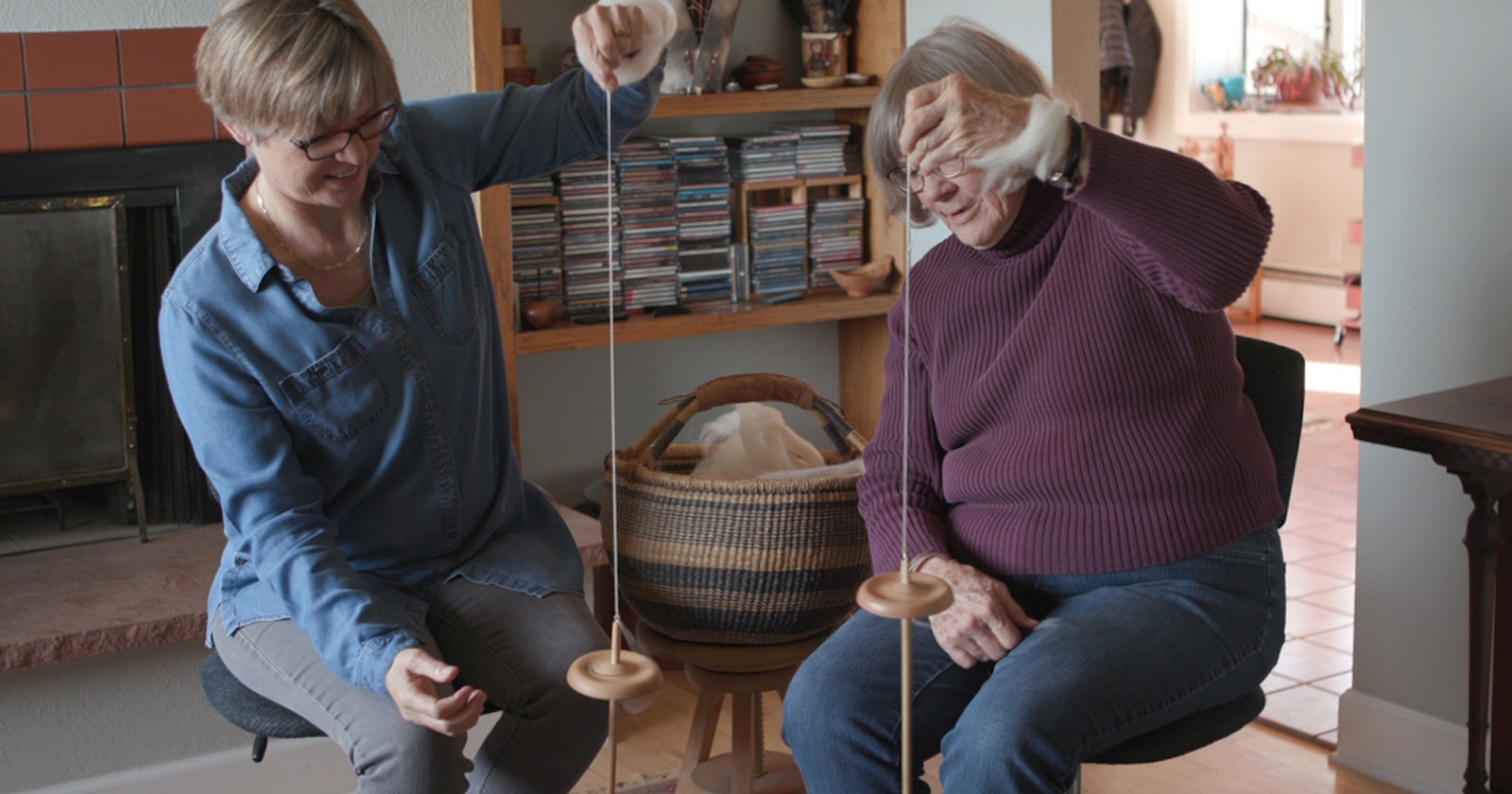One of beloved spinning teacher Maggie Casey’s most often-repeated comments is, “It depends.” Should I predraft fiber for handspinning? Is long draw or short forward draw easier? Is 3-ply better than 2-ply? There are reasons on both sides; try it out and see which you like better. It depends.
Judith MacKenzie is often quoted as saying, “You can if you like.” Some of her students interpret it as a polite way of expressing skepticism, so I asked her about it once. She said that although some people hear an implied “but I wouldn’t,” you can also take it at face value: If you prefer like the results of doing it your way, then do it your way. Just don’t expect to do the same thing but get a different result.
Most spinners and spinning teachers are agreeable people, but it doesn’t mean that they always agree. Two famous spinning wheel makers once literally took a disagreement outside, although no blood was spilled. Judith herself had a spinning teacher who believed there were two kinds of spinning: worsted and wrong—which would surprise all the long-draw spinners out there! And two of the teachers who present in the video How to Card Wool sputter and disagree completely with the techniques of the other two. (I won’t tell you which.)
All of this can be baffling. After all, whom do you trust when even the best of the best don’t agree? We’re happy to exclaim, “There are no spinning police!” But who will maintain law and order?
I’m sorry to tell you that there is no easy way of knowing. You need to think for yourself.
This isn’t to say that you shouldn’t trust anyone, or that you can simply dismiss an idea that doesn’t agree with your preconceived notions. Instead, here’s the best method I know of for learning about spinning: research, then test. Seek out opposing, even contrarian views. Read closely and see if they actually disagree or are making slightly different points. Then try the methods described and see if your results match.
Listen to good old F. Scott Fitzgerald, who said, “The test of a first rate intelligence is the ability to hold two opposed ideas in the mind at the same time, and still retain the ability to function.”

